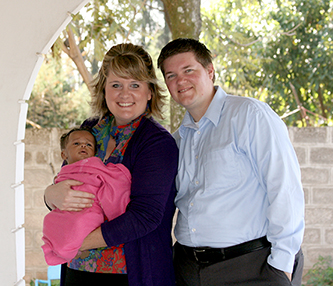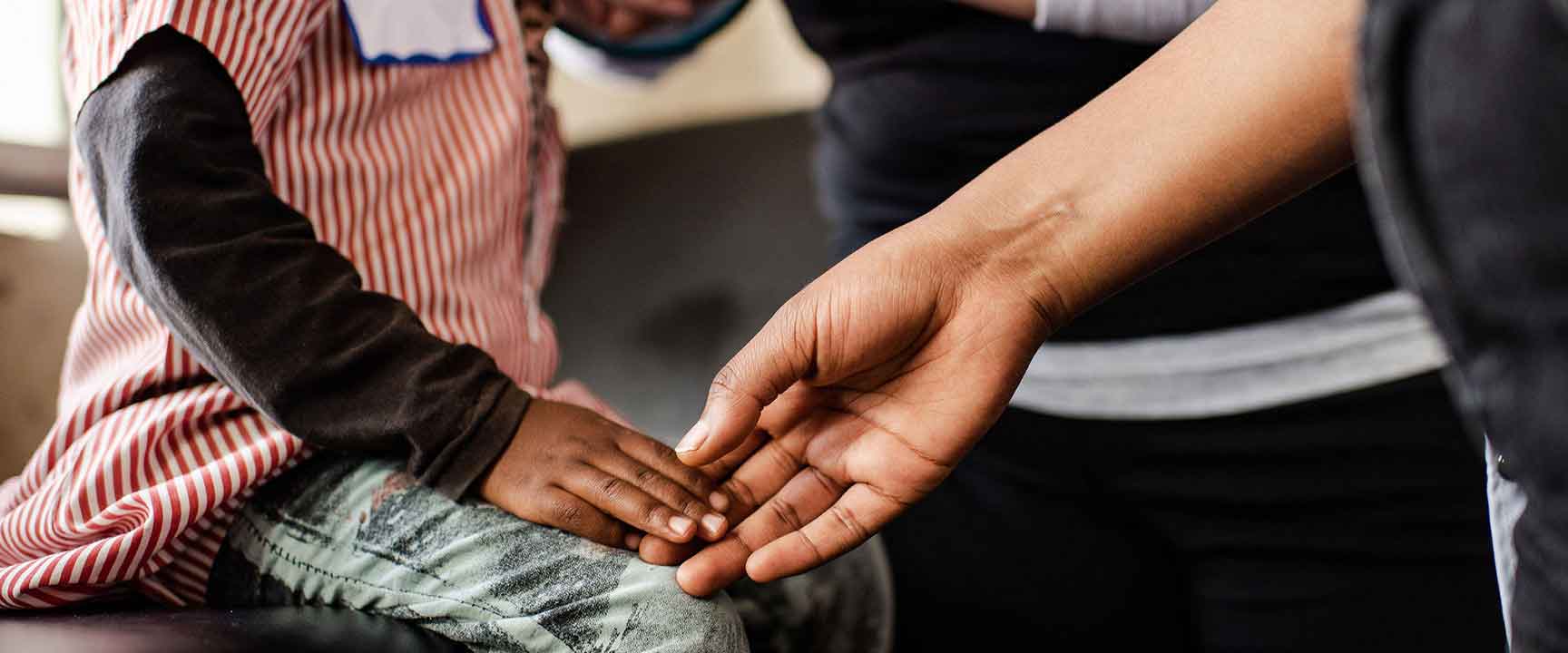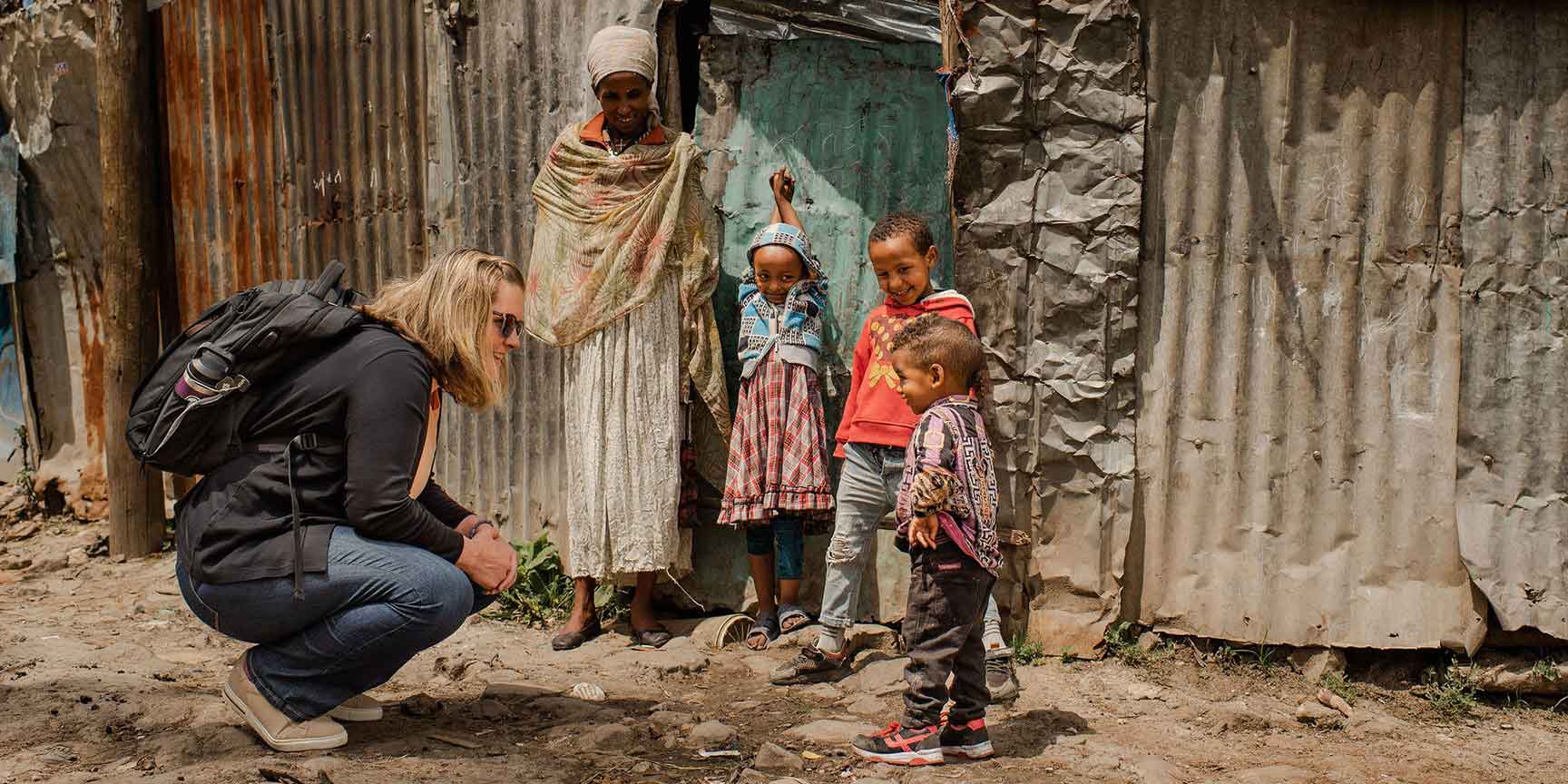The Medan Story
 The Medan journey started on a flight between Addis Ababa, Ethiopia and Lomé, Togo in early 2018. This wasn’t my first trip to Ethiopia, however; it was my fifth. I first set foot on Ethiopian soil in November of 2012. My husband, Justin, and I were there for the adoption of our oldest son, Girum. At the time I was a registered nurse and while my focus at that time was on the adoption process, the obvious needs of the people there left a significant impression on me. A few months later, in February of 2013, Justin and I returned to Ethiopia to bring Girum home. We then adopted again, taking us to Ethiopia in October and November of 2015 for the adoption of our youngest son, Esrael. With each of these trips came a greater connection to the people of Ethiopia and also a greater concern for the people of Ethiopia.
The Medan journey started on a flight between Addis Ababa, Ethiopia and Lomé, Togo in early 2018. This wasn’t my first trip to Ethiopia, however; it was my fifth. I first set foot on Ethiopian soil in November of 2012. My husband, Justin, and I were there for the adoption of our oldest son, Girum. At the time I was a registered nurse and while my focus at that time was on the adoption process, the obvious needs of the people there left a significant impression on me. A few months later, in February of 2013, Justin and I returned to Ethiopia to bring Girum home. We then adopted again, taking us to Ethiopia in October and November of 2015 for the adoption of our youngest son, Esrael. With each of these trips came a greater connection to the people of Ethiopia and also a greater concern for the people of Ethiopia.
In early 2018 I returned to Ethiopia to serve as a medical volunteer, now as a pediatric nurse practitioner. I left feeling somewhat conflicted and knew that I felt called to serve the people of Ethiopia, but I needed to find a more useful and effective method. My concern for continuity of care, patient safety, health development, healthcare collaboration, and community empowerment were at the forefront of my thoughts. As a result, it was on this flight home from Ethiopia in early 2018 that the foundational aspects of Medan began to formulate in my mind.
Knowing that both access to education and access to healthcare exponentially broadens opportunity for kids in Ethiopia, I began to consider how these two could be combined. It seemed that a slightly different approach to medical care — one which focuses on partnerships with schools — would afford greater opportunity for ongoing medical care to children. After many conversations and countless hours of networking and brainstorming, Medan Initiative was started in early 2019. This has not been an easy journey. Thinking through continuity of care and patient safety and healthcare collaboration is challenging when one considers the circumstances in underdeveloped countries. I feel strongly that different circumstances should not result in different standards of care, however, and we are making every effort to provide the very best medical care to the kids that we serve.
I am continually amazed by how many like-minded people have caught our vision and have joined us on this journey. I am truly both humbled and grateful. My hope is that through the work of Medan, the overall health of the kids that we serve will improve, and that this will enable them to be more confident, productive, and resilient members of their communities.
– Anita Charles
Mission
Our mission is to provide medical care to the poorest and most vulnerable children through partnerships with schools and organizations in Ethiopia.
Vision
We believe that every child should have access to quality medical care regardless of circumstances.
Values
Human Worth: we believe that every child matters.
Responsibility: we believe that it is our responsibility to step up and act when a problem exists.
Integrity: we believe that our actions should be honest and trustworthy.
Excellence: we believe that when we care about what we do, we will always strive to be better.
Cultural Sensitivity: we believe that we must understand, honor, and involve the people we serve.
Empowerment: we believe that children will grow in confidence and be productive members of their communities when their overall health improves.
Partnership: we believe that we are stronger when we work together.
What We Do
- Medan Initiative is focused on providing ongoing medical care and education to children through partnerships with schools and organizations in Ethiopia. We believe that when the overall health of children improves, they will become more confident, productive, and resilient members of their communities.
- Our approach is guided by the following objectives:
- Continuity of Care: we focus on established cohorts of children.
- Patient Safety: we commit to upholding standards of practice and recognize the importance of thorough documentation of care provided and appropriate follow-up care.
- Focus on Health Development: we strive to enhance the health status of our population through education, implementation of health assessments and treatments, and connection to resources.
- Healthcare Collaboration: we recognize the need to work with local healthcare providers and consider stakeholder’s views on health, needs, priorities, and solutions.
- Community Empowerment: we focus on the assets of the community and recognize the need for development rather than the need for relief.

How We Do It
Short-Term Medical Teams
- We send a short-term medical team to each school that we partner with every 6 months. These teams consist of physicians, advanced practice providers (PA’s and NP’s), optometrists, nurses, medical assistants, and other non-clinical volunteers. Each team sets up a clinic on-site where each student is triaged by nursing, evaluated by optometry, and examined by a physician or advanced practice provider. All care is documented through us of an electronic medical record, which promotes both continuity of care and patient safety, and generates important metrics to assess outcomes.
- Specific objectives of these teams include preventative care, disease identification and treatment, and health promotion. Our strategy includes health education in the classrooms, preventative measures, spectacle correction, treatment of simple illnesses on-site, and collaboration with local facilities and providers for the management of complex health problems.
- While all team members are intentional about relationship building, the non-clinical volunteers really get to focus on this important component. Activities such as face painting, balloon art, games and other activities allow team members to interact with students in a different way, resulting in deeper, more meaningful relationships and greater trust between students and volunteers.
Integration of a School Nurse
- We integrate a nurse into each school that we partner with, as we feel strongly that ongoing care is crucial to maintaining health. The school nurse monitors growth and development of at-risk students, carries out treatment plans, collaborates with local providers, assesses needs, and educates both students and their families. Through use of an electronic medical record, continuous record keeping is maintained and the opportunity to manage simple illnesses by means of a tele-health approach exists. When teams are on-site, the school nurse helps prioritize needs and supports the team.
Kids Reaching Kids
- We connect kids here with kids in Ethiopia through a ‘school partnership.’ This involves the collection of school supplies and books here in the states, which are then taken over to Ethiopia as teams travel. Additionally, students here build a relationship with students in Ethiopia through the sharing of letters and photos. We believe that this relationship benefits both sides, and feel that it is a great opportunity to support the educational aspects of the schools that we are working in.

